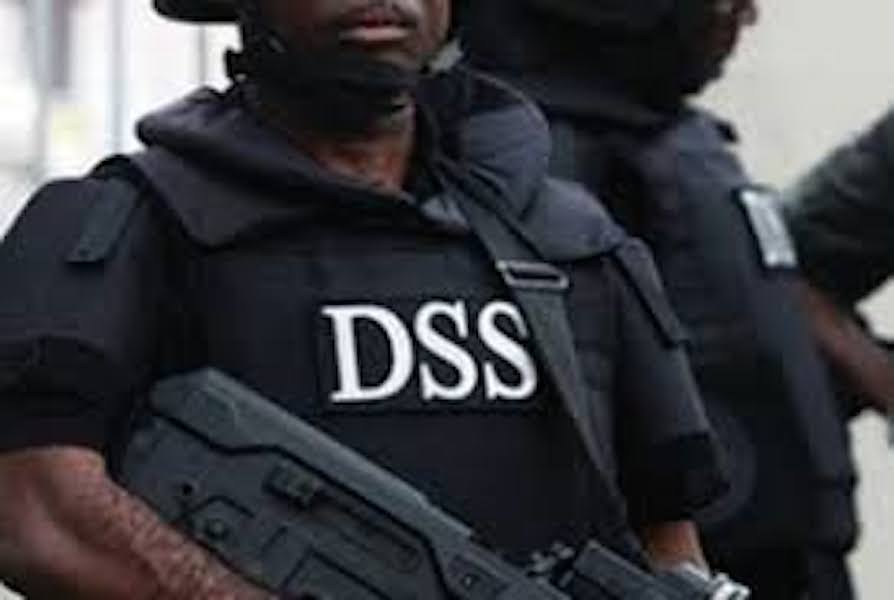DSS Releases Passport of Former BBC Editor Adejuwon Soyinka After Global Outcry

The Department of State Services (DSS) has returned the seized passport of Adejuwon Soyinka, a former BBC editor, following widespread international criticism of his detention.
Soyinka, who serves as the West African editor of The Conversation Africa, was detained on August 25 at Lagos’ Murtala Muhammed International Airport shortly after arriving from the UK. The DSS claimed the arrest was due to ‘mistaken identity.’
The International Press Institute (IPI) Nigeria intervened, facilitating Soyinka’s release within hours. However, his passport was held until Friday, when it was returned at the DSS office in Ikoyi, Lagos.
Soyinka was accompanied by human rights lawyer Inibehe Effiong, who expressed concerns about the DSS’s explanation for the arrest, questioning the agency’s transparency and accountability.
Effiong noted, “The DSS attributed Adejuwon Soyinka’s arrest to mistaken identity, but this only raises more questions than answers.”
Soyinka’s detention is part of a growing trend of press suppression under President Bola Tinubu’s administration. Other recent incidents include the arrest of Segun Olatunji, a former FirstNews editor, in March; the 10-day detention of Foundation for Investigative Journalism (FIJ) journalist Daniel Ojukwu in May; and the detention of freelance journalist Jamil Mabai by Katsina’s Hisbah religious police.
The Nigeria Police Force National Cybercrime Centre (NPF-NCCC) has also detained several journalists and whistleblowers following petitions against them. These actions have drawn significant criticism from press freedom advocates, who warn of Nigeria’s declining human rights record.
“Press freedom is fundamental to democracy, ensuring the transparency needed for accountability and good governance. The ongoing persecution of journalists undermines these principles and diminishes the press’s role in fostering an informed and engaged citizenry,” stated the Center for Collaborative Investigative Journalism (CCIJ).
The DSS’s actions had previously attracted international condemnation, with global organizations calling for stronger protections for Nigerian journalists.

